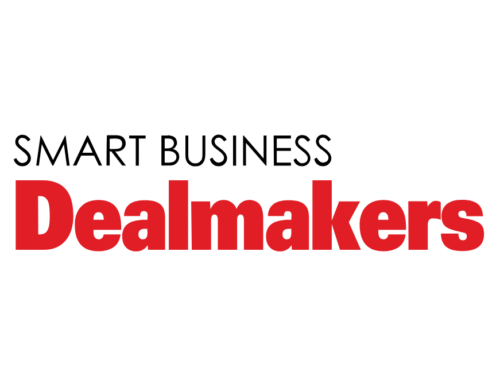In this week’s Best Money Moves roundup, we take a look at news stories and new research studies that may impact employee benefits and HR issues. We hope you find this news roundup helpful, and we’d love your feedback.
According to a recent study by Honeypot, the United States is the second-best country in the world for women in tech. The US ranked at the same position worldwide for its percentage of women in senior management positions, although women make up just over 6 percent of CEOs in the Fortune 500.
While women have made incredible strides towards workplace equality, reports show that women can still earn up to 45 percent less than men for the same job, but it’s not for lack of performance.
New data shows that while women and men in their 20’s are promoted at the same rate, men are more likely to be promoted into management roles. The same study showed that women were 22 percent more likely to achieve higher ratings of job performance than their male counterparts.
Not only do women still earn less for the same work, women also have fewer tools for and less knowledge about financial wellness. “Women have come a long way both personally and professionally, but when it comes to their finances, there is still a trail left to blaze,” said Lorna Sabbia, head of Retirement and Personal Wealth Solutions for Bank of America Merrill Lynch. Sabbia believes that women need more support in pursuing financial security for life, including investments, retirement savings and additional financial solutions.
What is your company doing to help minimize the gender pay gap and provide financial wellness for all of its employees?
Workforce demographics are changing, reinforcing the need for employee financial wellness. Millennials are flowing into your workforce and are concerned that social security may not be around for them when they need it. Which may be why they’re proving to be more financially conscious than their older counterparts by contributing at higher rates to their 401(k)s, and are twice as likely than baby boomers to say that stress interferes with work productivity.
Should HR be taking its cues from the IT department? In today’s world, five-year plans and predictable career paths seem out of date. In order to keep up with today’s rapid pace of corporate change, you need a forward-thinking HR department willing to be transformative and meet the demand of evolving skills, technology and work models.
Right now is the best time to plan your new benefits programs for 2019. YouDecide studies and develops enrollment best practices. They’ve determined that Q1 is the ideal time to review last year’s enrollment results, while Q2 should be reserved for assessing employee population needs and evaluating your employees’ overall benefits enrollment experience.
“It’s so obvious.” Millennials, who were raised on technology, are flooding the logistics workforce. Evan Garber, CEO of EVS has created a new warehouse management system: “one device that can do everything” which runs on Apple iOS. And he’s not the only one. More back-office operations systems are being designed to look, feel and run just like your technology at home, an obvious evolution of tech-at-work.
Will HR automation save you time and boost job satisfaction, too? As robotic process automation (RPA) is becoming more commonplace within payroll and benefits practices, many HR teams are realizing the broader opportunities that RPA can bring to their workplace. Between onboarding, recruiting, learning and development, RPA is reducing errors and growing overall HR capacity. Could this be the right tool for you?
Employees know what they want. Studies show that the digital health benefits employers provide have low engagement while employees are finding solutions to meet their digital health needs on their own. It’s a lose-lose proposition. Is 2018 the year that employers and employees get on the same page regarding benefits?
Do more fertility benefits equal lower turnover? A new report from FertilityIQ shows that workplace fertility benefits directly correlate to strong employee loyalty, higher levels of retention and higher rates of productivity. Although an expensive investment for the employer, it might be worth it.
Have something to add? Do you have any questions, comments or concerns?
Email us at: info@bestmoneymoves.com.





